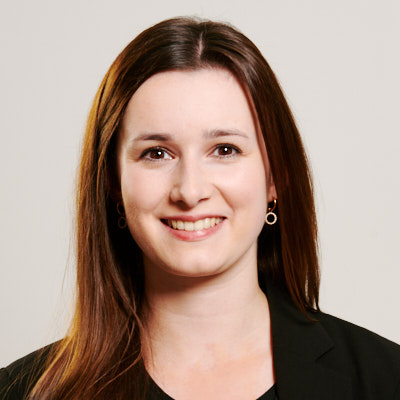1 Background
If a fixed establishment renders services or if services are provided to a fixed establishment, the place of supply is determined by the place where the fixed establishment is located. A fixed establishment is involved in the supply of services if the supply is carried out wholly or predominantly by means of the fixed establishment’s technical and human resources. Supporting, management activities carried out by the fixed establishment are not deemed to constitute sufficient involvement in the supply of services.
In our KMLZ VAT Newsletter 11 | 2023, we reported on a ruling by the Italian tax authorities according to which the Italian fixed establishment of a German headquarters was considered to be significantly involved in a supply of goods by the German headquarters to an Italian customer. As a result, the headquarters carried out an intra-Community transfer of own goods to the fixed establishment and the fixed establishment carried out a supply, subject to VAT in Italy, to the customer (without reverse charge). Recently, the Italian tax authorities have ruled again on the involvement of a fixed establishment in an intra-Community supply of goods and made a decisive distinction (see Agenzia delle Entrate, Tax Ruling No. 64/2025).
2 Facts
A, a company established in Germany (headquarters), indirectly holds a participation in an Italian company (“B”). B is responsible, inter alia, for the distribution of A’s products in Italy. For this purpose, B purchases products from A and sells them to customers in Italy.
In addition, A operates a fixed establishment in Italy. A employs one person locally in Italy who presents A’s new products to sales staff, explains how they work and the products’ underlying marketing strategy, and answers technical questions. This employee also supports A in the development and design of new machines, in accordance with technical standards, for the Italian market. The employee is not involved in the negotiation or conclusion of contracts with customers and does not perform any other management activities for A. A had, from a VAT point of view, doubts as to whether A’s Italian fixed establishment should be considered to be involved in the supply of goods to B. A therefore asked the Italian tax authorities to clarify whether the fixed establishment should be assumed to be involved and, consequently, whether A’s fixed establishment (rather than B) was the recipient of the goods and therefore liable for the VAT on the intra-Community acquisitions in Italy.
3 Opinion of the Italian tax authorities
First, the Italian tax authorities confirmed the principles set out in their earlier ruling No. 57/2023 (KMLZ VAT Newsletter 11 | 2023). According to those principles, the VAT treatment of the circumstances depends on whether the fixed establishment is significantly involved in the supply of goods from A to B. The Italian tax authorities interpreted Art. 192a of the EU VAT Directive and Art. 53 of the EU Council Implementing Regulation as applying to intra-Community acquisitions. Consequently, a fixed establishment may be involved in intra-Community transactions in such a way that it becomes the recipient and the person liable for payment of VAT on the intra-Community acquisitions of goods.
However, in the case at hand, the Italian tax authorities ruled out any involvement of the fixed establishment in the supply of goods. In the present case, the fixed establishment only performed an advisory and technical support function in connection with the sale of products by A to B. It was not involved in the negotiation of contracts and conclusions with customers and did not contribute in any other way to the sale of products to B. Purely supporting activities are not sufficient for a fixed establishment to be regarded as being involved in a supply of goods. As a result, here, A was found to have made (direct) intra-Community supplies to B. Being the recipient of the goods, B was liable for the payment of VAT on the intra-Community acquisitions in Italy (and was, in principle, entitled to deduct input VAT).
4 Consequences for the practice
The outcome of the Italian tax authorities’ decision may ultimately be correct. However, we continue to consider the comments of the Italian tax authorities and the discussion, regarding the involvement of fixed establishments in the above-mentioned supply constellations, to be critical. Supplies of goods are always deemed to have been carried out at the place where the transport of the goods begins. The involvement of a fixed establishment does not change this. From a German perspective, A carries out a supply of goods to B. This is deemed to have been carried out at the place where transport begins in Germany and may be exempt from VAT as an intra-Community supply if all the requirements are met. The fixed establishment in Italy has no influence on the determination of the place of supply.
In our opinion, the Italian tax authorities are getting the “correct” answer using an “incorrect” treatment – at least in the case at hand. After all, the new decision clarifies and narrows the binding ruling from 2023. Fixed establishments carrying out supporting, administrative activities are not deemed to be involved in a supply of goods. Taxable persons should be very cautious. The decisions of the Italian tax authorities are made on a case-by-case basis. Even minor alternations to the facts can result in a different VAT assessment.
Contact:

Certified Tax Consultant, Master of Science (M.Sc.)
Phone: +49 (0) 89 217 50 12-82
As per: 30.05.2025
